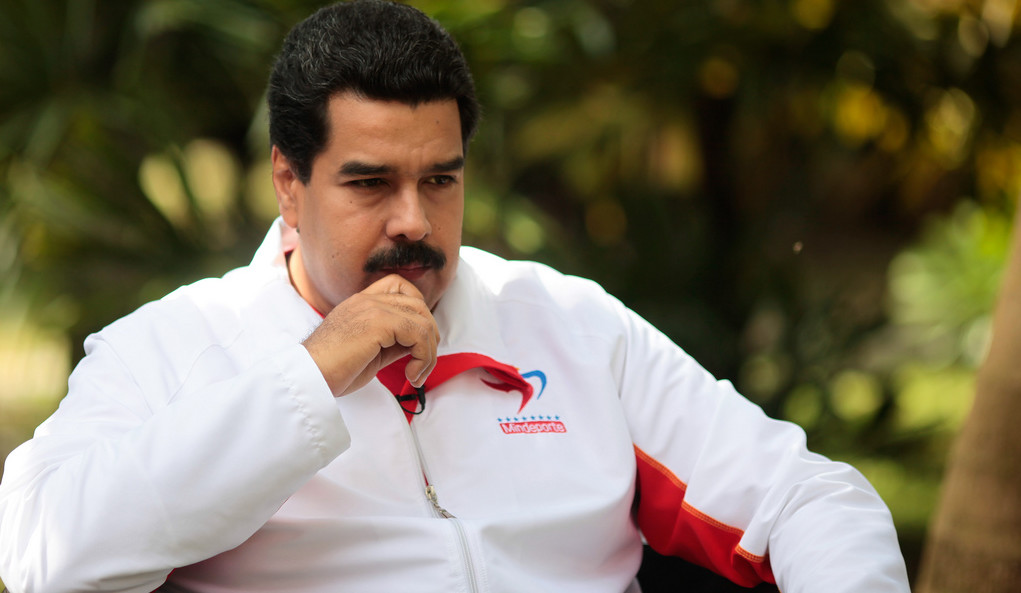Fifty-six days ago, Hugo Chavez died in a Caracas hospital. There were tributes. like this one from former Brazilian president Lula da Silva. There was a passive-aggressive comment from the White House. There was unwarranted vitriol from some of the American right. And then of course there were thoughts that his passing marked the ned of an era.
Now that the smoke has somewhat cleared. A special election has passed and Nicolas Maduro, Chavez’s vice-president, is leader of a divided Venezuela after a heavily contested vote that took place on the 14th of this month. Henrique Capriles, the opposition candidate, isn’t buying the legitimacy of the vote, but for now Maduro still stands, albeit ever shakily, as the president of Venezuela.
What was so fascinating about this special election wasn’t only that it was so heavily divided, but that it was dominated in such a large part by the enduring presence of Mr. Chavez. Maduro claimed to hold a special connection to the former president, enough so that he took to calling himself “the son of Chavez” and represented himself as Chavez’s hand-picked successor while on the campaign trail. At times Maduro’s desire to connect with Chavez bordered on ridiculous. Capriles, who ran against Chavez in Venezuela’s presidential election last year, went out of his way to disassociate Maduro and the recently deceased leader in attempts to sway the Chavista left. Capriles, a center-right opposition candidate, nonetheless supported the continuation of Chavez’s social programs, named his campaign headquarters after Simon Bolivar (Chavez’s favorite) and often declared “I’m not the opposition, I’m the solution.”
All this brings to mind a question: did this intense desire to connect with Chavez (or at least establish a distance from anti-Chavistas) imply broad, mass support for the man and his policies? One would think it does. Despite the fact that all this talk of Chavez served to mask the election’s lack of any real political discourse and the intense mud-slinging enacted by both parties, there was something more to this obsession with the “Leftist Lion.” The election proved that Chavismo, whether good or bad, still holds sway in Venezuela, no matter if the ideology’s namesake is no longer alive. If anything, it would seem that in death Chavez has become a martyr of the Venezuelan masses, and it follows that extensive and sweeping support for his policies has become even stronger. Some say the election of Maduro proved the strength of the Venezuelan left, but in truth it was the nature of the election itself that proved the popularity of Chavismo among the people of Venezuela.
